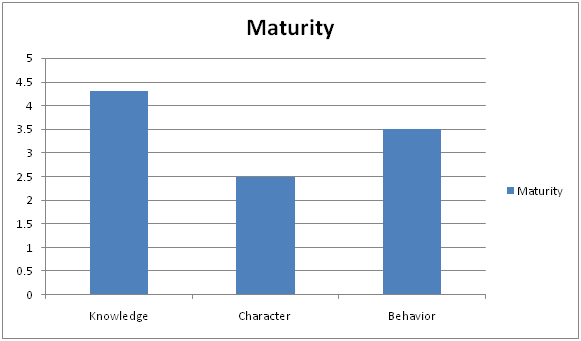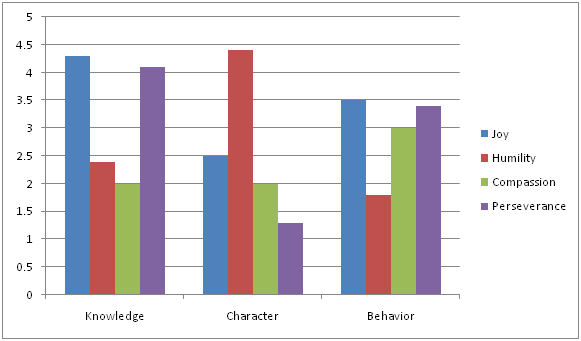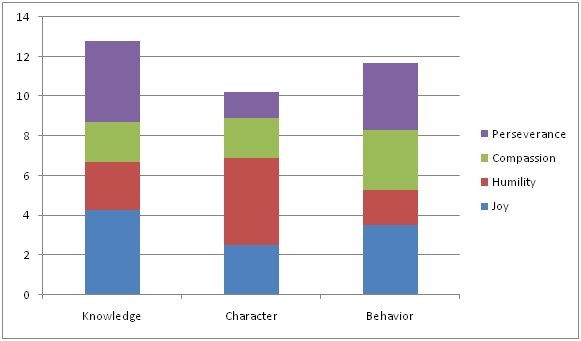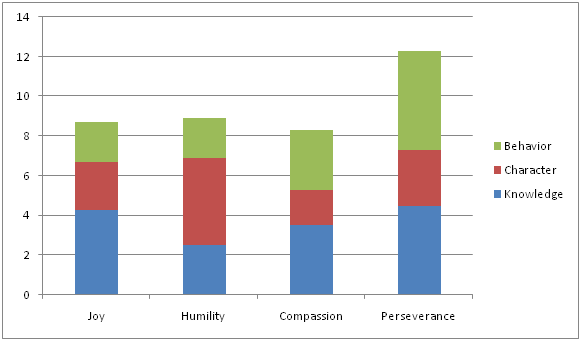 Beginning in Ephesians 2:11, Paul uses the same pattern he used in Ephesians 2:1-10. In both cases, he states that something is wrong with our condition, adds a “but”, and then explains what God did to change our condition. In the former passage, we were dead in our sins, BUT God made us alive. In the later passage, we were separate from Christ, BUT now we have been brought near. Paul then proceeds to describe some of the benefits of having been brought near. Let’s take a look at these five different blessings … may they be an encouragement for you today.
Beginning in Ephesians 2:11, Paul uses the same pattern he used in Ephesians 2:1-10. In both cases, he states that something is wrong with our condition, adds a “but”, and then explains what God did to change our condition. In the former passage, we were dead in our sins, BUT God made us alive. In the later passage, we were separate from Christ, BUT now we have been brought near. Paul then proceeds to describe some of the benefits of having been brought near. Let’s take a look at these five different blessings … may they be an encouragement for you today.
First, we have genuine peace with God and with one another (Eph 2:14-17). The dividing wall of legalism separating Jews and Gentiles had been torn down by the perfect and complete fulfillment of that law in Christ. In his life, death, and resurrection Christ removed all reason for Jew and Gentile to be at odds with one another. And if the barrier between Jew and Gentile has been destroyed, what barrier among people in Christ could exist?
Not only this, but we have been reconciled to God as well. The sin that served as a barrier between sinful man and Holy God was removed by Christ, allowing us to draw near to Him in peace. Note that this is a stated fact of the passage…it is not conditional on our behavior. That is, our peace with God does not depend on our sinlessness…it depends on Christ’s work already “finished”. Therefore, if you do not “feel” at peace with God, it is because you do not believe verses like Eph 2:16. Now, this does not mean that the Holy Spirit does not convict us of sin or that this conviction does not come with “feelings” of separation. What I am saying is that walls of separation are not repeatedly built and torn down according to our behavior. What are we to do then? Obey God, but when we fail, remember that God disciplines those He loves. Despite the feelings that come with discipline, our ultimate peace with God is not affected.
Second, we have direct access to the Father (Eph 2:18; 3:12). This access comes by the Holy Spirit through faith in Christ. What does this mean? It means that other people or entities (like the Church) are no longer needed to mediate between God and us. You can approach God directly through prayer, and He will hear you. You do not need a priest, friend, minister, whatever to pray for you. Are you taking advantage of this access?
Third, we are citizens of God’s kingdom and members of God’s household (Eph 2:19-21). We are no longer aliens of the kingdom and outside of the family of God. No, we are all united in our devotion to and membership in the Kingdom. We are brothers and sisters in Christ and with Christ. God is our father. The last time you prayed, did you refer to God as “Dad”?
Fourth, we are a dwelling place for the Spirit (Eph 2:22). The Spirit is in us, and we are in Him. How can two things be in one another? It’s only possible if they are in some sense one. And this is what we are in Christ…perfectly (that is, exactly how God intended it to be) united with Christ and the rest of the Church. We don’t fully experience this oneness, because we are still in our sinful flesh. But from a spiritual perspective we are indeed in Christ and Christ is in us, so why not believe and act like it?
Finally, we can understand the mystery of our unity (Eph 3:4). We may not understand it perfectly, but we certainly understand it better than the Jews and Gentiles did before Christ. God revealed the mystery to Paul, and Paul has revealed it to us. The question is…what will we do with this knowledge?
What should our response to these blessings of unity be? In Eph 3:14, Paul adds “for this reason, I bow my knees before the father”. Our response should include prayer. In addition to simply being thankful, pray that others you know might be “strengthened with power” and that they would increasingly understand this amazing love God has for us. Reflecting on this and praying for others may very well move you to praise God as it did Paul (Eph 3:20-21)!













